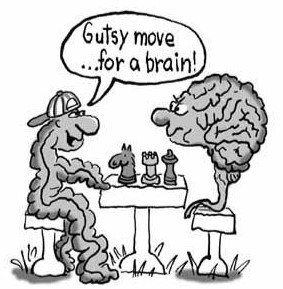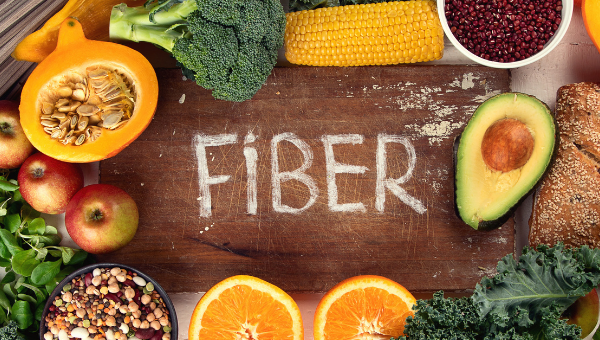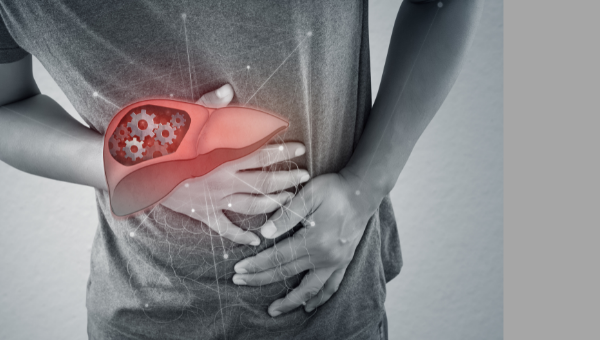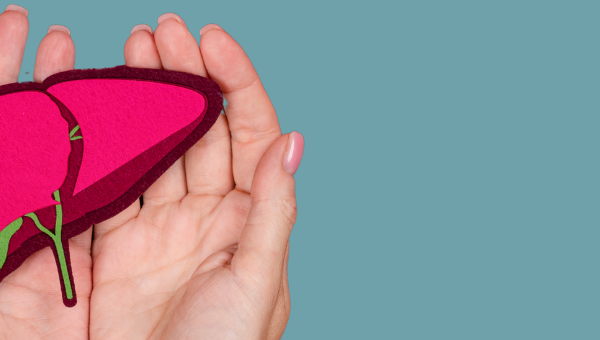What’s the Connection?
Studies have shown there is potential harm associated with an imbalance in the microbiome due to inflammation, intestinal permeability or lack of bacterial diversity, any of which may be associated with an overgrowth of unhealthy bacteria. In some cases, researchers are confronted with the classic “chicken or egg” question with respect to the association between gut bacteria and poor health, in terms of which comes first. Does an overgrowth cause the disorder or does the disorder cause an overgrowth of bad bacteria?
Bacteria on the Brain
Current thinking in the field of neuropsychology and the study of mental health problems includes strong speculation that bipolar disorder, schizophrenia, and other psychological or neurological problems may also be associated with alternations in the microbiome. Researchers speculate that any disruption to the normal, healthful balance of bacteria in the microbiome can cause the immune system to overreact and contribute to inflammation of the GI tract, in turn leading to the development of symptoms of disease that occur not only throughout your body, but also in your brain.
This system of connections and communication between the gastrointestinal tract and the brain is referred to as the “gut-brain axis.” Some researchers speculate that infections occurring in early life could negatively affect the mucosal membrane in the GI tract, disrupting the gut-brain axis, and interfering with normal brain development. The mucosal membrane can also be altered in other ways, such as through poor diet choices, radiation treatment, antibiotic use, and chemotherapy.
Have you heard the expression “I have butterflies in my stomach?” What about “I have a gut feeling about this?” Has a certain situation ever made you feel nauseous? This isn’t a coincidence. It is proven that the digestive system and brain are intricately linked – so much so, that the gut is now regarded as our second brain!
The Gut-Brain Connection
Our two brains work separately, and together to keep us healthy. Our central nervous system (brain #1) controls all voluntary and involuntary actions in the body. Everything from blinking to walking. Our enteric nervous system (brain #2) controls digestion. Our 2 brains are constantly sending each other messages via a complex system of hormones and neurotransmitters that allows each system to provide assistance to the other if needed.
While the enteric nervous system initiates and sustains digestion on its own, signals from the brain, such as stress and anxiety, can have dramatic effects on how well it works. In addition, the brain receives chemical messages from the gut, which can affect your mood and emotions. In fact, the vast majority of serotonin (a neurotransmitter that regulates mood, sleep, anxiety, depression and more) is actually made in your gut, not your brain! So, if you have poor digestion and an imbalanced ratio of good:bad bacteria in your gut, your body is not able to produce the right amount of serotonin, thereby directly affecting your mood.
Stress is another emotion that has a major impact on our digestive health and overall well being. When stressed, our body goes into a response called “fight or flight.” This response is intended to give you all the energy you need to flee from danger and as such adrenaline is raised, cortisol is released, and digestion is the last thing your body is thinking about. In fact, in fight or flight mode, the body shuttles blood away from the digestive system and toward the heart in order to provide you with as much energy as possible. So when we’re chronically stressed, our brain is sending our digestive system the message to run and isn’t receiving proper blood flow for proper functionality.
What You Can Do
To maintain or restore the health of your microbiome and support good overall health, it is important to maintain a strong balance of beneficial bacteria in your digestive tract. The first step is to eat a well-balanced diet that includes foods with probiotic or prebiotic ingredients that support microbial health by helping to restore balance to the gut microbiome. These are foods that contain live beneficial (probiotic) bacteria and, in the case of prebiotics, contain substances like specific types of fiber that nurture the growth of probiotic bacteria.
Probiotic Foods
Look to a variety of readily available probiotic foods that supply varying amounts beneficial live bacteria that grow during the carefully controlled fermentation processes. Some of these are common foods you may already be including in your diet. Probiotic foods and beverages include plain yogurt, kefir, cottage cheese, fresh sauerkraut, kimchi, kombucha, apple cider vinegar, and miso. The probiotic effects of these foods will be destroyed by cooking, processing, or preserving at high temperatures.
Prebiotic Foods
Unlike probiotic foods, prebiotic foods do not contain living organisms. They contribute to the health of the microbiome because they contain indigestible fibers that ferment in the GI tract, where they are consumed by probiotic bacteria and converted into other healthful substances. Prebiotic foods include artichokes, leeks, onions, garlic, chicory, cabbage, asparagus, legumes, and oats.
Supplements
Probiotic supplements have been shown to improve your overall digestive health, as well as, symptoms of depression, anxiety, obsessive-compulsive disorder and other psychological and neurological conditions. Their use should be discussed with your nutritionist, physician or mental health care provider.
Ensuring proper gut health is arguably one of the best things you can do for your body. It is important for immunity, mental health, and detoxification.
Take care of your gut, and trust your gut instincts!



